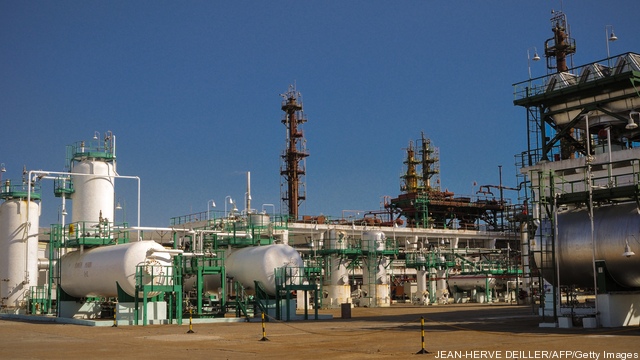
If the sky isn’t falling when it comes to energy availability, what does that mean for your portfolio?
After years of forecasts – part of a long tradition – that oil supplies were close to running out with the potential for immense supply shocks for the global economy, Wall Street analysts are beginning to build a new consensus around the potential for an unexpected and still-emerging demand-side shock. Keep reading →







Chinese Recession: Real or Not?
By Peter GardettProbably the best indication that the Chinese economy has entered a meaningful recession is the Chinese central government’s urgency to reassure everyone it isn’t so.
There have been rumblings since the end of last year that the Chinese economy was slowing, with poor lending practices, a property bubble and poorly managed internal migration all part of the new scenario sketched out for a possible recession. If it wasn’t for Europe’s unceasing convulsions over the credibility of its currency union the outlook for Chinese growth would be the central question for global economic trend-watchers. Keep reading →